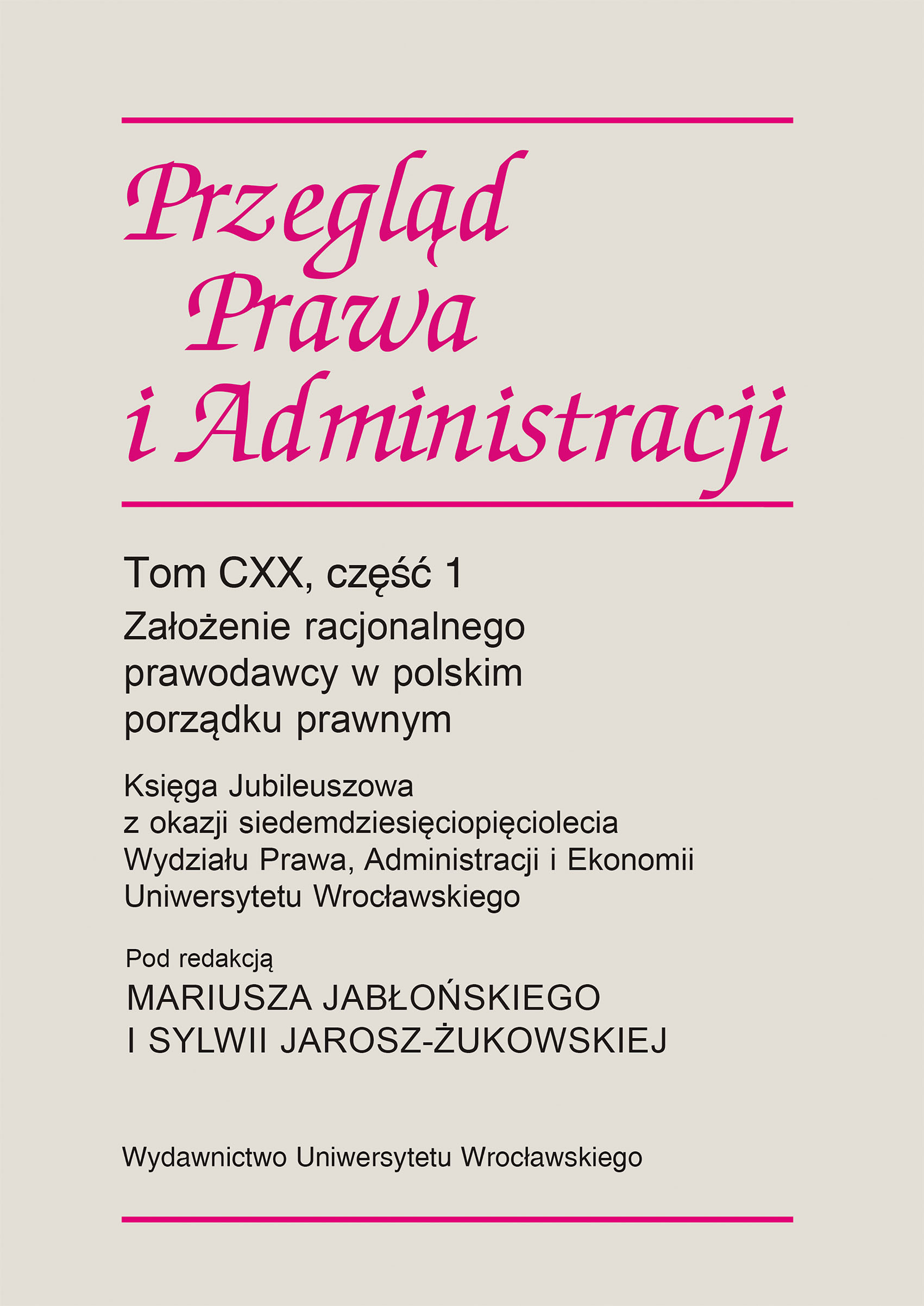

ISSUES IN FINANCIAL LAW AND TAX LAW

The primary right arising from the Council Directive 2006/112/EC is a right to deduct input tax which may be limited by member states only in exceptional situations. Neither national nor European Union legislation define the concepts of “due diligence” and “good faith”. These concepts are so-called general clauses and they have been defined for the purpose of the right to deduct VAT only in the case law of the CJEU. While making a specific assessment of facts, they ensure a so-called interpretation margin that makes it possible to take non-legal criteria significant for business operations into account. Defining the concepts of due diligence or good faith in a precise manner without evoking controversy seems to be impossible in the process of application of the law. Due diligence should be suggested to be understood as regular merchant’s, commonly adopted diligence that is related to, inter alia, the conviction that goods are not provided or a service is not performed by a person intending to “bypass” tax law provisions. A taxable person should exercise minimum diligence and good faith while checking a counterparty rather than look for unfair entrepreneurs doing the job of tax law enforcement.